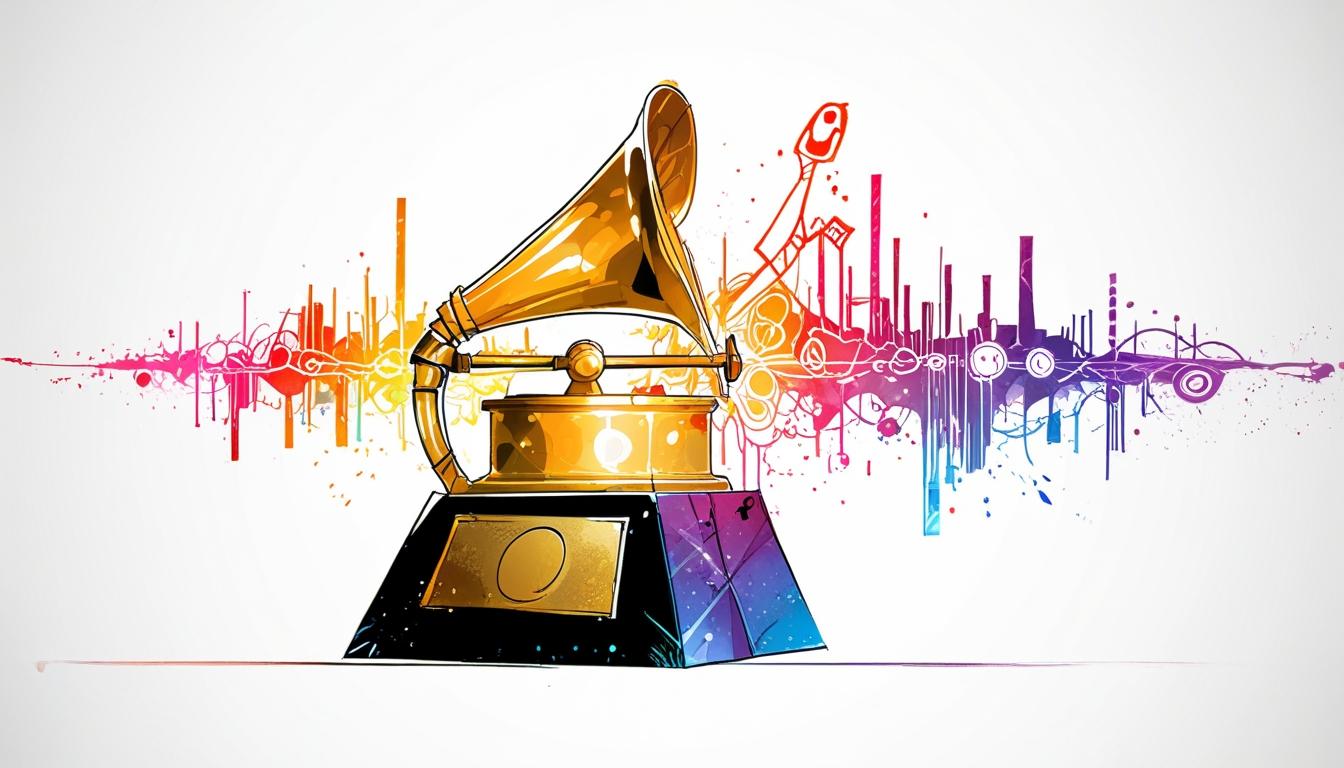The Beatles have once again captured the limelight, winning a Grammy award this year for their song "Now and Then" — a remarkable accomplishment 55 years after their breakup and 45 years since the tragic death of John Lennon. This win, for Best Rock Performance at the 2025 Grammy Awards, is not just a nod to nostalgia but a testament to the enduring power of their music, achieved with a helping hand from artificial intelligence. John Lennon’s son, Sean Ono Lennon, accepted the award, emphasising his father’s lasting influence and the significance of their legacy in contemporary culture.
The song "Now and Then" is particularly notable as it incorporated AI technology to augment Lennon’s original vocals. This integration of advanced technology into music creation raises intriguing questions about the authenticity and artistry inherent in such collaborative efforts with machines. Musicians and fans alike are witnessing a significant moment in music history, wherein the interplay of past recordings and modern technology shapes new artistic expressions.
In a parallel development of the digital age, Agatha Christie, the iconic mystery writer who passed away in 1976, has also been brought back to life — albeit in a digital form. The BBC’s Maestro platform recently launched a writing masterclass featuring a digitally recreated avatar of Christie. This innovative project was executed ethically, with the support of her heirs and literary experts, allowing her voice and expertise to guide aspiring writers. The lessons cover essential aspects of storytelling, such as narrative structure and suspense, showcasing how technology can serve to rekindle the wisdom of the past.
The increasing visibility of these digital reincarnations prompts a deeper ethical examination regarding the use of AI in creative industries. Is it morally acceptable to leverage the likeness and expertise of deceased figures, or does this venture into a realm of exploitation? Although technological advancement often races ahead of ethical considerations, it cannot be overlooked that issues surrounding privacy and consent are paramount. The debate around AI’s capability to replace real individuals, whether alive or deceased, resurfaces as a valid concern, especially in a world that increasingly relies on algorithmic decision-making.
This is not a new dilemma; each technological breakthrough in history has sparked its share of ethical debates. From the advent of the automobile and its implications for road safety to the transformative yet disruptive nature of the internet, society has consistently grappled with the consequences of innovation. The fears surrounding AI eclipsing human creativity echo longstanding anxieties about progress — anxieties that remain relevant today.
Despite these concerns, one cannot help but marvel at the creative possibilities AI presents. As the original author posits humorously, if artificial intelligence can shoulder the burden of creativity, why not embrace it? The allure of a future where one’s potential can bloom even posthumously offers a tantalising thought. Imagine a world where, long after we are gone, our stories, art, or music continue to evolve through the capabilities of AI.
In a future where technology relentlessly shapes our existence, it is essential to strike a balance between innovation and ethical responsibility. As we grapple with these profound questions, the intersection of art and technology continues to challenge our understanding of creativity, legacy, and the human experience.
Reference Map
- Paragraph 1: [1], [2], [4]
- Paragraph 2: [3], [5]
- Paragraph 3: [2], [4]
- Paragraph 4: [1], [3], [6]
- Paragraph 5: [4], [6]
- Paragraph 6: [3], [5]
- Paragraph 7: [1], [4]
Source: Noah Wire Services
